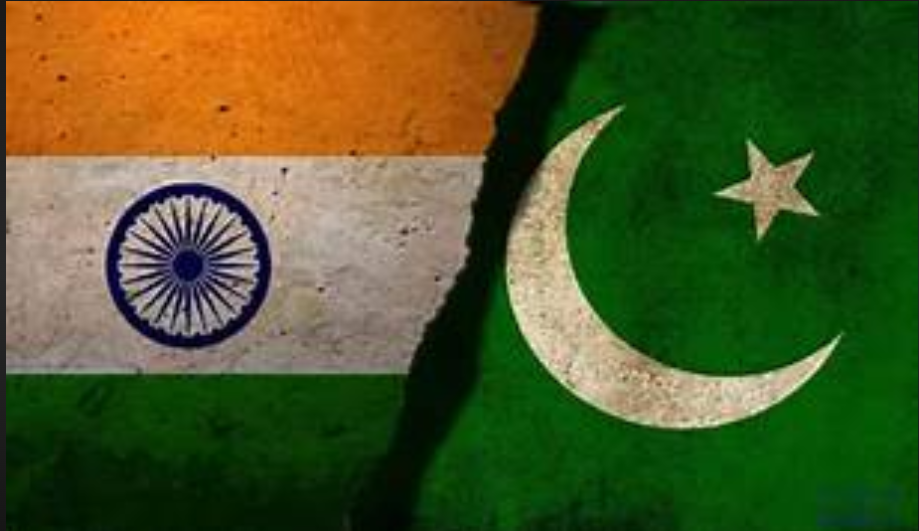No Gas, No Water: Pakistan ‘Deliberately’ Blocks Basic Amenities for Indian Diplomats in Islamabad
Tensions between India and Pakistan have hit a fresh low, with Islamabad allegedly cutting off essential supplies — including cooking gas, drinking water, and even newspapers — to Indian diplomats stationed in Pakistan’s capital. According to a CNN-News18 report, senior Indian government sources have described the move as “deliberate and premeditated,” calling it a direct violation of the Vienna Convention on Diplomatic Relations, which safeguards the rights, dignity, and functioning of diplomats worldwide.
Why Has Pakistan Blocked Basic Amenities for Indian Diplomats?
Indian officials believe the restrictions are part of a “petty retaliation” strategy by Pakistan’s intelligence agency, the ISI. The diplomatic freeze comes shortly after Operation Sindoor and New Delhi’s suspension of the Indus Waters Treaty — developments that have already strained bilateral ties.
Although Pakistan has not issued an official explanation, sources allege the curbs are aimed at making life increasingly difficult for Indian diplomats and their families in Islamabad.
Gas and Water Supply Cut Off
Citing sources, CNN-News18 reported that while gas pipelines exist at the Indian High Commission premises, supply has been intentionally halted. Vendors who previously provided gas cylinders for cooking and heating have been ordered not to sell to Indian staff. This has forced diplomats to rely on costly, limited options in the open market — a significant inconvenience for day-to-day living.
The crisis extends beyond fuel. The High Commission’s trusted supplier of clean mineral water has been barred from delivering. Reports suggest that all water vendors in Islamabad have been instructed not to supply the Commission. Since tap water in the region is unsafe for direct consumption without extensive filtration, this has created serious challenges for Indian families, especially those with children.
Newspapers and Media Access Restricted
In a further move that diplomats describe as an attempt to limit access to information, vendors have been told to stop delivering newspapers to the High Commission. This effectively cuts off Indian staff from print media, restricting their ability to monitor local narratives and opinions.
Violation of the Vienna Convention
Government sources in New Delhi argue that Pakistan’s actions constitute a clear breach of the Vienna Convention on Diplomatic Relations (1961), which obligates host nations to ensure the safety, dignity, and effective functioning of foreign missions.
“These measures are not only undiplomatic but also illegal under international law,” one official noted, warning that they could further damage already fragile India-Pakistan relations.
History of Diplomatic Harassment
This is not the first time Indian diplomats have faced such tactics in Islamabad. Similar incidents were reported in 2019 after India conducted surgical strikes in retaliation to the Pulwama terror attack. Then too, supply restrictions and surveillance were allegedly used to pressure the Indian mission.
Possible Indian Response
Reports suggest that India may consider retaliatory measures targeting Pakistani diplomats in New Delhi. According to an Economic Times report, Pakistani authorities have also increased surveillance of Indian diplomats in Islamabad, monitoring their movements both at work and at home.
While there is no official confirmation on India’s counter-steps, diplomatic observers note that such tit-for-tat actions are not uncommon in tense bilateral environments. However, the escalation of basic amenity restrictions is seen as crossing a new line, directly impacting families and children of diplomatic staff.
A Dangerous Diplomatic Precedent
By targeting fundamental resources like water, gas, and access to information, Pakistan risks setting a dangerous precedent in diplomatic conduct. Analysts warn that such measures could invite reciprocal action and erode whatever limited channels of communication remain between the two nuclear-armed neighbors.
With tensions already heightened after Operation Sindoor and the suspension of the Indus Waters Treaty, this latest development further darkens the prospects for dialogue. If the restrictions remain in place, they may push both nations deeper into a cycle of hostility — with diplomats and their families caught in the crossfire.

